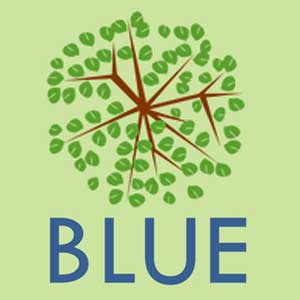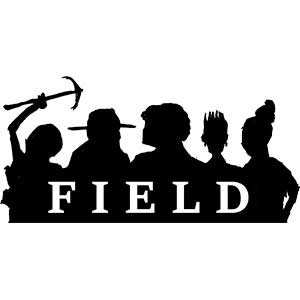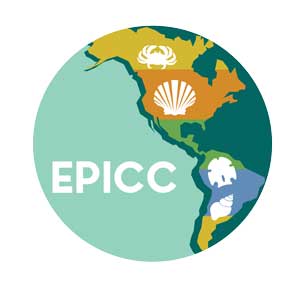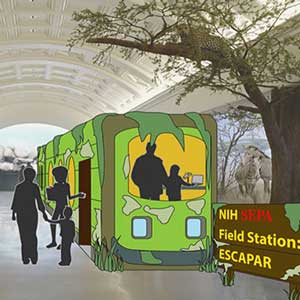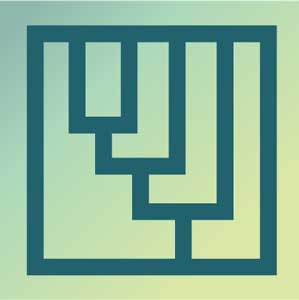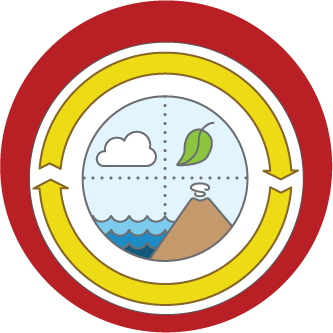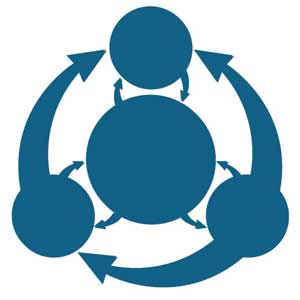
By Lisa White, Director of Education and Outreach, posted June 05, 2020
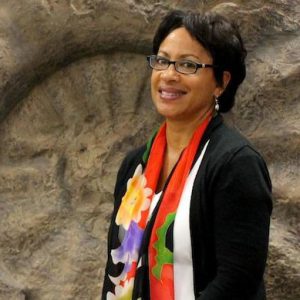
The UCMP is committed to justice, equity, diversity, and inclusion through our research and educational missions. In the wake of the chaotic events related to racism, police brutality, and conflict currently taking place in Minnesota, in the Bay Area, and beyond, we ask ourselves: how can a scientific community like the UCMP best address or respond to these social issues? Like many groups and individuals across the country, we are currently engaging this question and seek to expand our efforts towards inclusion and justice within the framework of our mission.
As Director of Education and Outreach and a Black paleontologist, I understand the need to develop and promote opportunities for broader participation in the Earth and life sciences. As Chair of the American Geophysical Union Diversity and Inclusion Advisory Board, I, along with my colleagues, work to highlight both the role of professional societies and workforce training in nurturing the talent pool and the need to remove a range of physical, social, and psychological barriers that prevent full participation in STEM disciplines. I’ve written more about this need in Scientific American, Eos, and From the Prow.
At UCMP, our efforts begin (but do not end) with supporting and building on the range of programs we work with that foster diversity in STEM fields by targeting undergraduate and graduate students, and with expanding our resources for diverse learners and educators who seek to be more inclusive in their instructional practices and reach broader audiences. We encourage you to learn about these resources and programs below, and to contact us if you would like to explore opportunities to collaborate.
Anti-Racist Actions, Learning, and Engagement Resources
A list of resources compiled by the UCMP DEI/AntiRacism Working Group.
Direct links to the lists: Reading | Videos, Films, Podcasts | Follow | Donate | Other Support | DEI in Geosciences | DEI in Paleontology
Broadening participation in STEM
Advancing Community College Education and Student Success in Paleontology (ACCESS Paleo) builds collaborations with local community colleges to increase diverse students’ access to paleontology and other STEM fields through hands-on, specimen-based lab courses, each using dozens of fossils from the UCMP.
Ambassadors for STEM Training to Enhance Participation offers transformative seagoing experiences with the International Ocean Discovery Program, and trains and mentors underrepresented students to become effective ambassadors, disseminating exciting and relevant geoscience information across broad audiences and to communities that don’t have first-hand experience with the ocean.
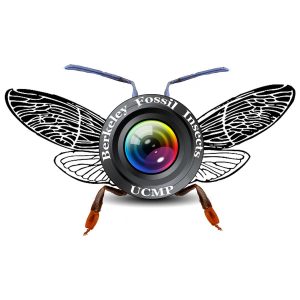 Collections projects at UCMP offer ideal opportunities for diverse Cal students to work with natural history collections. Our current Berkeley Fossil Insects initiative began with support from the National Science Foundation (NSF) as a partner to the larger thematic network, the Fossil Insect Collaborative, designed to catalog, image, and aggregate digital data on fossil insect faunas that lived during geologic time intervals when Earth was undergoing dramatic climatic and environmental change. Success from our initial NSF project generated additional support from the Institute of Museum and Library Services (IMLS) allowing us to preserve the amber collection in epoxy resin per best practices, and to digitize the amber archives for online access via linkage between the UC Berkeley Docubase site and our Archon online Amber Files finding aid. Visit our project website to read about some of the diverse students from Cal who have contributed to the care of these collections in their informative blogs and social media posts on Twitter, Instagram, and the UCMP Facebook page.
Collections projects at UCMP offer ideal opportunities for diverse Cal students to work with natural history collections. Our current Berkeley Fossil Insects initiative began with support from the National Science Foundation (NSF) as a partner to the larger thematic network, the Fossil Insect Collaborative, designed to catalog, image, and aggregate digital data on fossil insect faunas that lived during geologic time intervals when Earth was undergoing dramatic climatic and environmental change. Success from our initial NSF project generated additional support from the Institute of Museum and Library Services (IMLS) allowing us to preserve the amber collection in epoxy resin per best practices, and to digitize the amber archives for online access via linkage between the UC Berkeley Docubase site and our Archon online Amber Files finding aid. Visit our project website to read about some of the diverse students from Cal who have contributed to the care of these collections in their informative blogs and social media posts on Twitter, Instagram, and the UCMP Facebook page.
Biodiversity Leadership in Undergraduate Education – Data Initiative (BLUE Data) is a community of biodiversity, data, and education specialists working together to identify core biodiversity data competencies for undergraduates and develop strategies for integrating these competencies into biology curriculum. By focusing on student-centered approaches, relevant real-world examples, and data mined from natural history collections, BLUE hopes to reach students who have not previously been effectively engaged in STEM courses and careers.
The Fieldwork Inspiring Expanded Leadership and Diversity (FIELD) project works with faculty and field instructors to make field-based sciences more accessible, culturally sensitive, and inclusive by equipping field leaders with the perspectives, skills, and solidarity to address barriers in field settings.
Resources for diverse learners
Eastern Pacific Invertebrate Communities of the Cenozoic (EPICC) virtual fieldwork experiences provide opportunities to virtually visit classic paleontological field sites along the Pacific coast and explore images and data from fossil specimens that have been collected there. User-friendly and engaging for a wide range of teachers and learners, the virtual fieldwork experiences increase access of authentic paleontological data.
STEM Escape is UCMP’s newest outreach program and will use an immersive, pop-up, escape room game format to teach diverse family groups key concepts in evolutionary biology and medicine, while fostering career interest in biomedical fields. The English/Spanish game will pop up starting in 2022 in museums and libraries across the country, with stops planned to engage families in both urban and rural settings and from both English and Spanish-speaking communities.
Understanding Evolution is a UCMP website that supports teaching evolutionary biology. Available in multiple languages, the site provides a rich array of freely accessible resources to help teachers and students from all backgrounds understand what evolution is, how it works, and how it factors into everyday life.
Understanding Global Change is a guide to how human action and non-human processes interact to shape the world around us. Site resources highlight the dynamic and intensely human endeavor that is science and emphasize how science interacts with culture and benefits from diverse participants. Available in multiple languages, the site also provides a rich array of freely accessible resources for teaching these topics.
Understanding Science is a UCMP website that communicates what science is and how it really works. Site resources highlight the dynamic and intensely human endeavor that is science and emphasize how science interacts with culture and benefits from diverse participants. Available in multiple languages, the site also provides a rich array of freely accessible resources for teaching these topics.
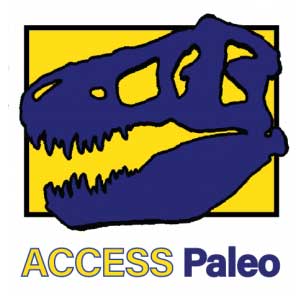 ACCESS Paleo
ACCESS Paleo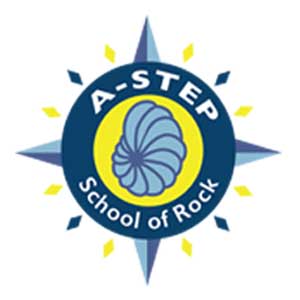 A-STEP
A-STEP